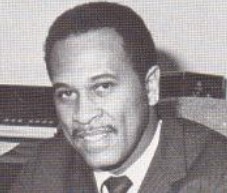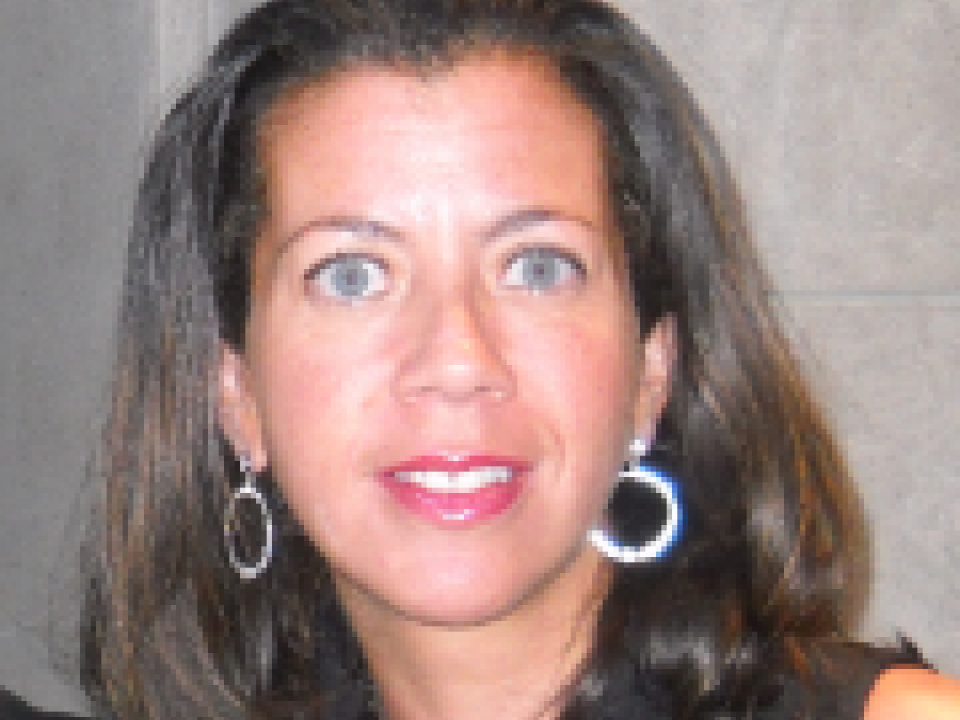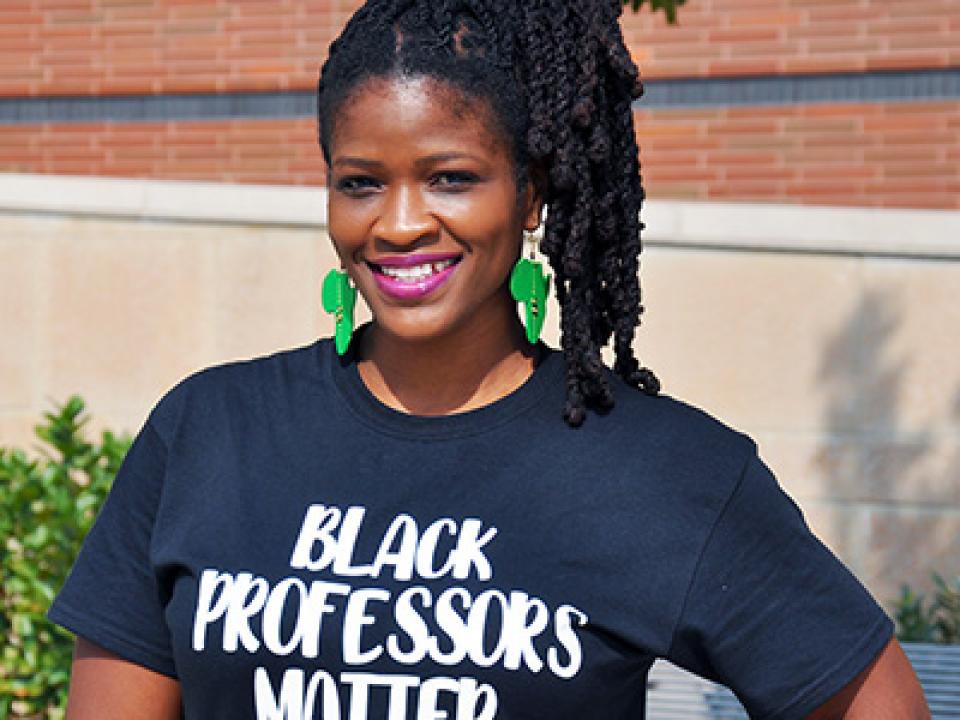Maxie Collier Scholars Program
Maxie Collier Scholars Program
Purpose of the Maxie Collier Program
The Maxie Collier Scholars Program is a behavioral health workforce development program for Coppin State University undergraduate students who reside in the State of Maryland. The purpose of the Maxie Collier Scholars Program is to prepare promising undergraduate students at Coppin State University for completion of undergraduate school requirements and placement in professional behavioral health career positions in the State of Maryland.
More specifically, the charge is to prepare Coppin State University students from the fields of Criminal Justice, Elementary Education, Health Sciences, Natural Sciences, Nursing, Psychology, and Social Work, with a recommended minimum of two years remaining for completion of undergraduate work, who will be well trained and available to serve children, adolescents and their families in the Baltimore Metropolitan area.
The Program is funded by the Behavioral Health Administration and the Maryland Department of Health. Partners of the Program include the University of Maryland at Baltimore, University of Maryland Baltimore County, Behavioral Health Systems, Baltimore, and the Black Mental Health Alliance.
Program Goals
The goal of the Maxie Collier Scholars Program is to educate and recruit more African-American professionals into professional behavioral health career positions in the State of Maryland.
Maxie Collier Scholars receive an enriched, career focused, academic background; financial support; graduate school preparation; internship experience; access to a network of career placement resources; and financial resources which encourage and support their educational advancement.
Program Elements
- Behavioral Health Seminar (Emerging Issues in Behavioral Health and Well Being)
- Internships
- Stipends
- Graduate School Mentors
- Individual Advisement
- Coppin Undergraduate Faculty Advisors
- Enrichment Activities

The program is expected to promote college-wide interest in behavioral health issues at CSU. It is also expected to increase community awareness of resources to assist people who are interested in a career in the field of behavioral health.
The project is named for the late Dr. Maxie T. Collier, former Baltimore City Commissioner of Health and practicing psychiatrist.
How to Apply
Please complete no later than February 27, 2026, 5:00pm:
- Program application *Please refrain from using Artificial Intelligence (AI) to complete your application.
- Online Recommendation Form: TWO SUBMISSIONS: One submission from a CSU professor addressing your strengths and why you should be selected as a Scholar; Second submission from a community leader, supervisor, mentor.
Eligible Applicants will be invited for interviews.



